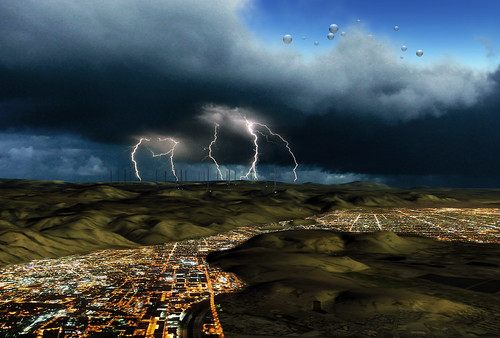Following the September 11 attacks and subsequent Anthrax attacks, the US began introducing new biosecurity regulations as a counter to bioterrorism. The centrepiece of the new regulatory framework has been a list of 'select agents' – pathogens with particular potential for use in weapons of mass destruction. Agents on the list are subject to special regulatory measures limiting how the agents can be stored, transported and used.
Last week, the Proceedings of the National Academy of Sciences published an analysis of the effects of the new regulations. The authors estimate that there has been a two to five fold decrease in the ratio of scientific progress to amount of funding for research on select agents over the relevant period. Picking up the story, an article in The Scientist magazine claims that the apparent loss of efficiency is due to the chilling effect of the new regulations on research (though see the comments for some alternative explanations). It quotes scientists bemoaning the huge amount of paperwork imposed by the regulations and noting the difficulties that they create for international collaboration and, given the need for extensive background checks and psychological testing, staff recruitment.
It's interesting to consider the extent to which the Scientist's complaints (and scientists' worries more generally) are are an objection to the way that biosecurity is being done, or to the very idea of biosecurity.
Read More »Should bio-scientists think about bio-weapons?
 Should we encourage or avoid large scale environmental manipulation, for example in order to reduce climate change?
Should we encourage or avoid large scale environmental manipulation, for example in order to reduce climate change?